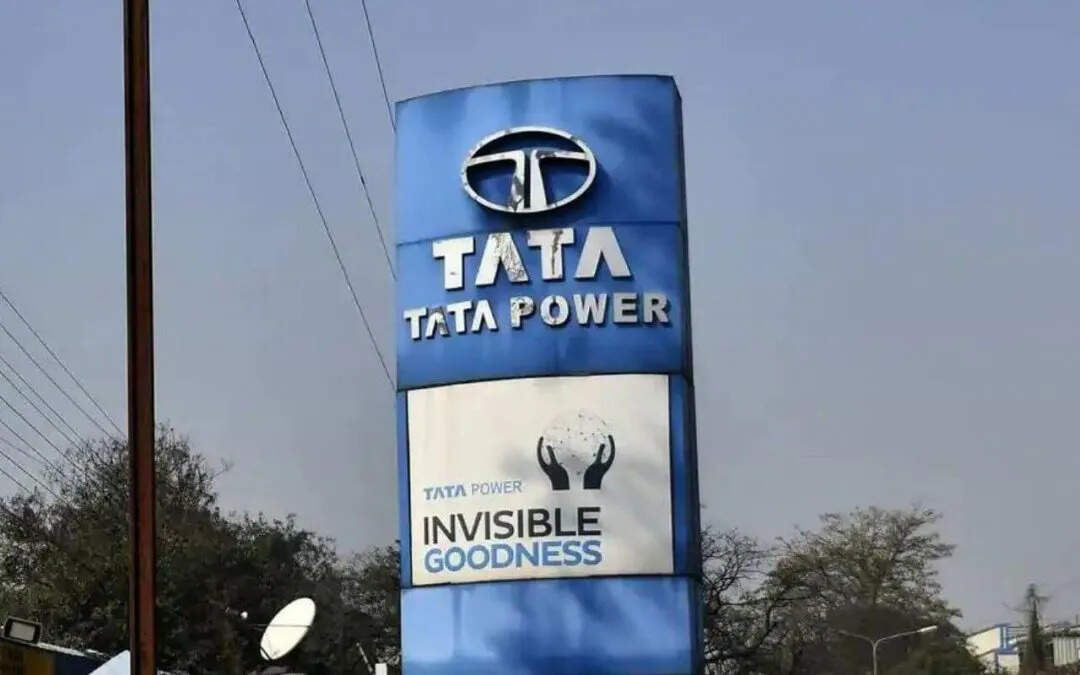
Japan’s MUFG Bank, has executed a Rs 450 crore sustainable trade finance facility for Tata Power, the company said today.
This credit facility was extended for the solar projects under TP Kirnali Limited (TPKL). Incorporated in 2020, TPKL is a 100% owned subsidiary of Tata Power Renewable Energy Limited (TPREL), a clean energy platform.
“It is the first sustainable trade finance facility offered by MUFG in India and TPKL will utilise the funds towards generating renewable energy capacity,” said Tata Power in a statement, adding that the collaboration will open up further opportunities to raise green financing as Tata Power continues to increase its clean energy portfolio and contribute towards India’s net zero targets.
MUFG extended this financing to fund the procurement of TPKL’s two solar power projects – a 100 MW project in Parthur, Maharashtra and a 120MW project in Mesanka, Gujarat – under documentary trade finance.
Sanjeev Churiwala, CFO, Tata Power, said: “This association will open up opportunities to explore raising more green finance as we expand our clean energy portfolio and significantly contribute towards India’s net zero targets.”
Tata Power plans to be carbon net zero before 2045 and MUFG has announced its commitment to achieving net zero emissions in its finance portfolio by 2050 and its own operations by 2030.
Belinda Han, MUFG’s Head of Transaction Banking Asia Pacific, said: “As more corporates include ESG goals as part of their KPIs, MUFG is committed to supporting our clients towards the achievement of these goals.”
Tata Power’s scrip was trading at Rs 201.75, down 3.40% on the BSE, Friday. Benchmark Sensex was down 1.13%.
Also Read:

